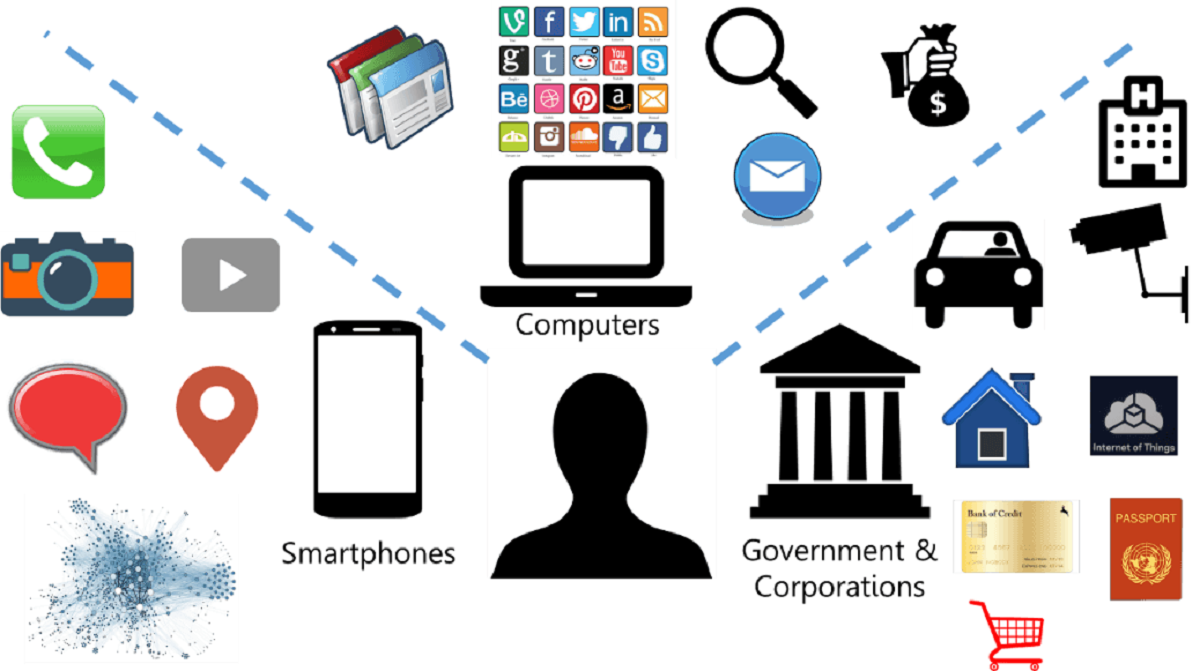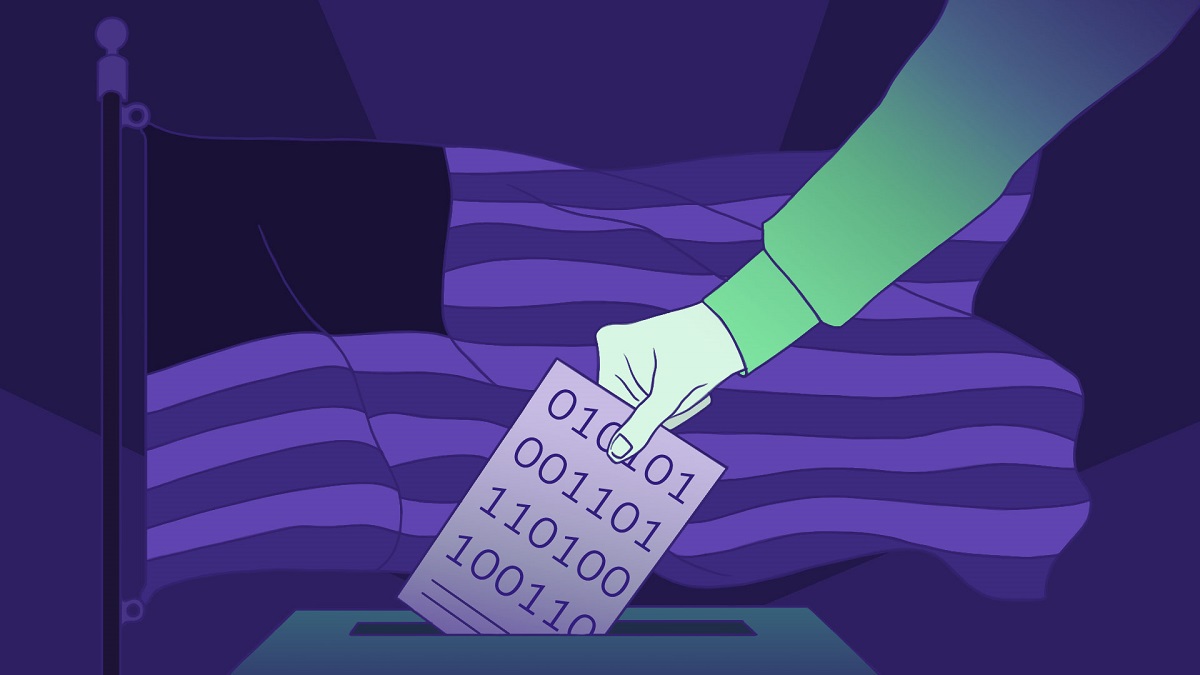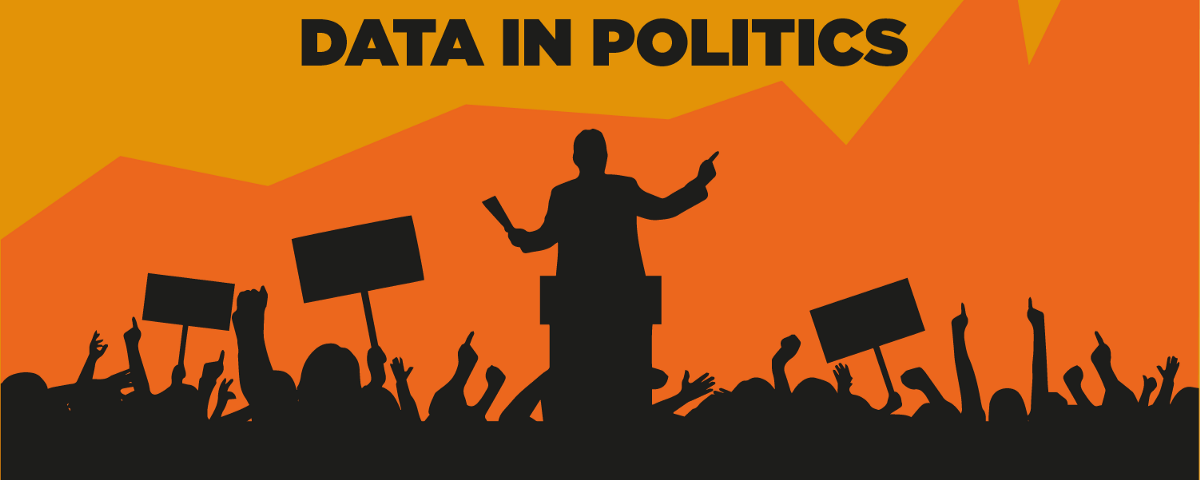
Role of Big Data in National Security
April 28, 2022
BIG DATA IN ANALYZING VOTING BEHAVIOR
April 28, 2022What is the role of big data in politics and government today? Big data is a big part of politics and government today. Governments are using it in many different ways, from helping with policy-making to providing insights into how the public views specific issues. This article will explore the role of big data in politics and government, including its history and current uses. It will also look at some trends and predictions for the future of big data in politics and government.
The History of Big Data in Politics and Government
The use of data in politics and government isn’t a new phenomenon. In the 1950s, governments in the developed world, specifically the U.S.A., started using computers to store information about their citizens. This was the beginning of the use of big data by governments. In the 1970s, governments began using data for political purposes.
For example, the U.S. government used big data to track citizens’ voting habits. This helped them better understand which policies were popular with the public and which ones weren’t. As a result, politicians and governments focused more on the citizens’ needs. However, there were few to no complex analytical tools to analyze the large sets of data governments and policy institutions collected.
The 1990s
The 1990s saw the rise of big data in business. In fact, around this time, experts started using the term big data. This was due to the increase in data companies, and other organizations were collecting. In addition, this collection was across all sectors. Previously, those slightly large data sets were just referred to as data. Companies started using big data to make strategic decisions about production and inventory.
However, it wasn’t until the 2000s that governments and policy institutions widely adopted big data tools. This decade, governments used big data to guide government policy issues and decisions. In addition, they also used it for other activities such as prevention of crime and controlling the movement of people and goods.
The Uses of Big Data in Politics and Government
Today, big data is vital in politics and government. Governments and other political institutions and organizations use it for everything from policy-making to tracking public opinion.
Tracking voting patterns and public opinion
One of the primary uses of big data in politics is to track voting patterns and public opinion. This helps governments better understand what policies the public supports and which ones they don’t. It also helps them to track how the public feels about specific issues.
Monitoring social media activity
Another everyday use of big data in politics is to monitor social media activity. For example, governments can use big data to track which topics the public is discussing on social media. They can also follow the sentiment of the discussion. This helps them to understand how the public is feeling about certain issues. After that, they can make decisions guided by online rhetoric.
However, social media companies have failed in controlling bots and fake accounts. This has distorted online public opinion. In addition, social media companies have been unable to regulate hate speech and fake news online. Private individuals’ control of social media has inhibited government activity in apprehending individuals causing civil disobedience through their online activity.
Preventing crime
Governments are also using big data to prevent crime. For example, governments use big data to track criminals’ activities and identify behavior patterns that may lead to crime. This helps law enforcement officials protect the public better. Furthermore, big data in sectors such as banking has enabled governments to track illegal financial transactions easily. For example, in Kenya, the law forces banks and other financial institutions to declare transactions above one million shillings to the government. As a result, the Kenya government has easily tracked money launderers and looters of public funds.
Making decisions about healthcare and education
Governments also use big data to make decisions about healthcare and education. By analyzing big data, governments can better understand how people are using these services and what areas need improvement. For example, governments have used big data to track the spread of diseases. By analyzing big data, governments can better understand how diseases are spreading and which areas are most affected. This helps them to take steps to prevent the further spread of disease. Big data was very beneficial in the control of the spread of COVID-19.
The Future
So far, big data has played a significant role in politics and government. However, its role will only become more critical in the future. Here are some of the ways that big data will impact politics and government in the years to come:
Increased use of analytics
The use of analytics will increase in the years to come. Analytics is a process of analyzing big data to extract useful information. By using analytics, governments will be able to make better decisions about issues like healthcare and education.
Greater use of predictive modeling
Predictive modeling is a process of using big data to predict future events. By using predictive modeling, governments will be able to anticipate problems before they happen and take steps to prevent them. However, the application of predictive modeling in national security will be in moderation. For example, profiling individuals most likely to commit a crime leads to discrimination. Therefore, governments will moderately use predictive modeling to track criminals to prevent discrimination.
More use of artificial intelligence
Artificial intelligence is a type of computer software that can learn and make decisions independently. By using artificial intelligence, governments will be able to automate many tasks currently done by human employees. This will help them to save money and operate more efficiently. In addition, fewer costs on labor will enable governments to redistribute financial resources that governments would otherwise spend on salaries to develop other economic sectors.
More use of big data in policy-making
Big data will play an even more prominent role in policy-making in the years to come. By using big data, governments will better understand how people are affected by their policies. This will help them monitor and evaluate their decisions better. As a result, governments will distribute resources more efficiently to meet the community’s needs.
The future of big data in politics and government is looking bright. Big data will play a significant role in helping governments make better decisions and serve their citizens more effectively.
At Softlink Options, we work with all organizations that require data security solutions. Check out our data backup and web hosting packages. We take great pride in the quality of our products and services.
CONTACT US in case of any queries. We take pride in the quality of our products and services.



